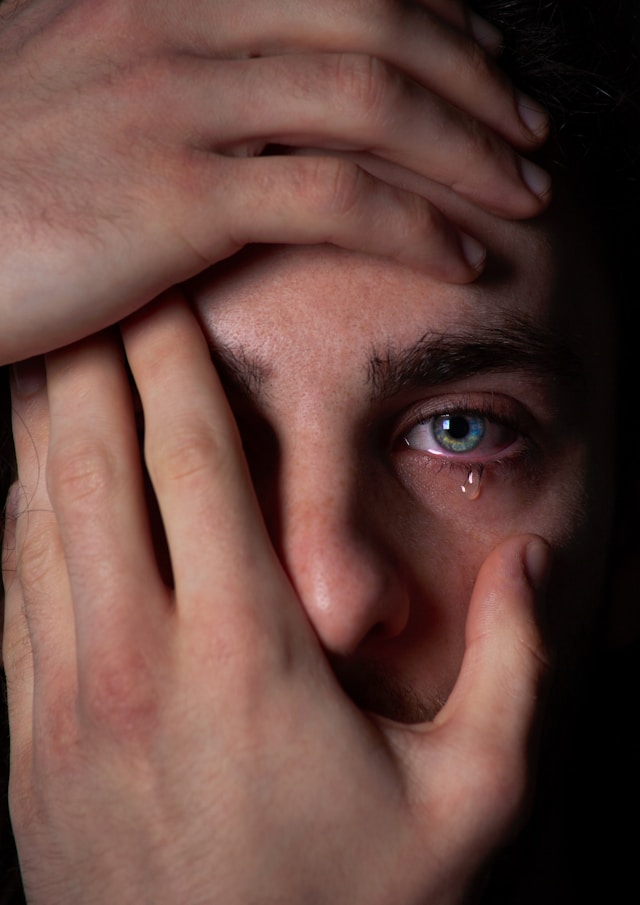Subscribe

Dear Healthy Men: Do men’s and women’s mental health issues and needs differ? And if so, how?
A: With May being Mental Health Awareness Month, your question couldn’t be more topical. And while this is a crucial time to shine a spotlight on everyone’s mental health, its especially important to recognize the unique challenges that boys and men face.
In our society, we teach boys, from a young age, to “man up,” suppress their emotions, and to see vulnerability and asking for help as a weakness. This conditioning has created a significant (and largely ignored) mental health crisis among boys and men, too many of whom have internalized these negative messages. Fearing judgment or ridicule from their friends, family, or colleagues, and believing that their struggles will be seen as a sign of inadequacy, they rarely ask for the help they desperately need. This needs to change.
The consequences of this stigma are profound. Men are, on average, four times more likely than women to die by suicide, and more than twice as likely to die from “diseases of despair” such as alcohol or drug overdoses. And they too often suffer in silence with depression and anxiety. These conditions tend to manifest differently in men than in women. While women may express sadness, men are more likely to exhibit anger, irritability, risk-taking behavior, social self-isolation, or substance abuse. When mental health professionals misdiagnose typical male symptoms, the underlying mental health issues remain untreated. As a result, boys’ and men’s struggles with mental health often lead to relationship problems, difficulties at work, physical health issues and, most tragically, suicide.
True strength lies not in suppressing emotions, but in acknowledging them, understanding them, and seeking healthy ways to cope. It takes tremendous courage—particularly in our society—to recognize the need for help and to ask for it. We must create a culture where men and boys feel safe and supported when they express their emotions and where they know they won’t be judged or ridiculed.
Here are some steps each of us can take to break through the stigma and support men’s and boys’ mental health:
This Mental Health Awareness Month (and every other month of the year), let’s commit to changing the narrative around men’s mental health. We can create a world where men feel empowered to prioritize their mental wellbeing, seek help when they need it, and live full and healthy lives. It’s time to break the silence and let every man know that he’s not alone.
Photo by Charlotte Knight on Unsplash
Time and time again, across numerous market sectors, artificially setting prices using foreign reference pricing has been unsuccessful. And when...
Dear Healthy Men: In one of your previous columns, you mentioned that the United States Preventative Services Task Force (USPSTF) recommends against...
March is Women’s History Month, which makes it a very appropriate time to reflect on the important contributions in science, communities, and family...